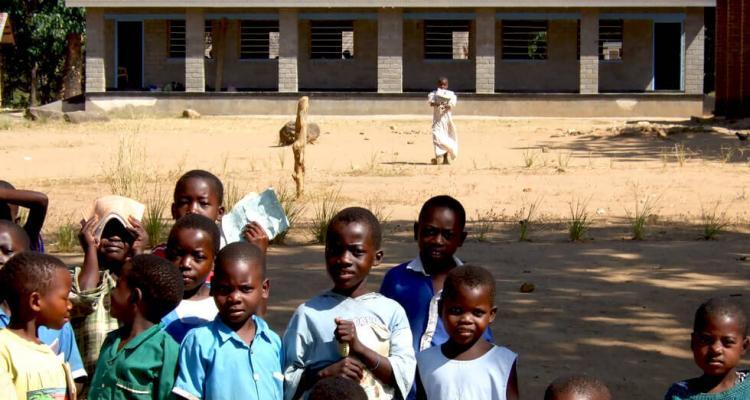
It is 11 am. The sun is already very high and the heat unbearable. Here, in Malawi’s lakeshore district dominated by fishermen, men are talking to each other.
Do you know it’s young man called Moses Maganga who built that bridge using his personal funds and now he is building school blocks for our children while the sitting MP is misappropriating Local Development Funds a common phenomenal across Malawi?
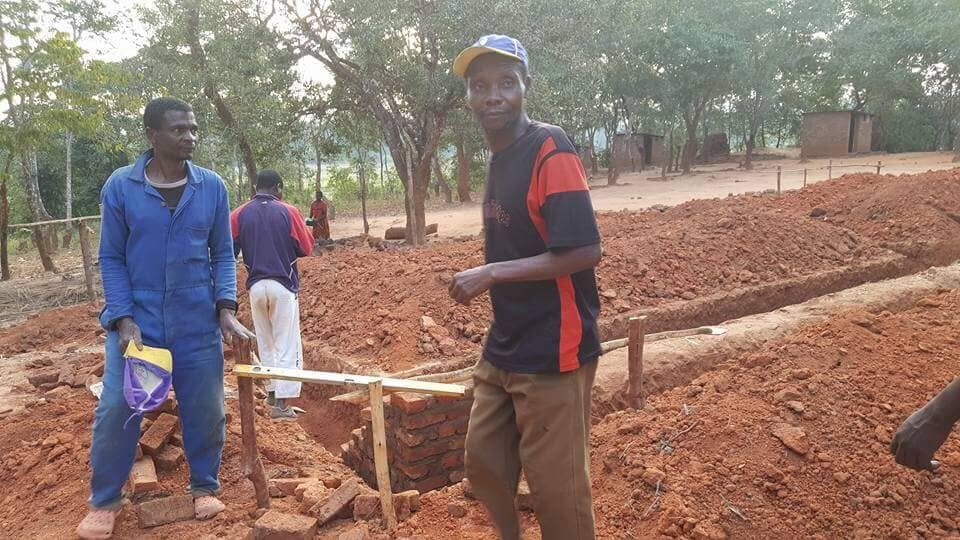
That is what I heard one day as I passed by a group of what I believed were fishermen in Nkhata-bay North West.
The Millennium Development Goals (MDGs) reached their deadline in 2015 were replaced by Sustainable Development Goals.
However, some Malawians look back at the MDGs convinced the gains made in increasing access to education are just one indicator
“The shift will be nothing without increased and efficient investment in education, especially in rural schools that are mostly underfunded and understaffed,” says Nkhata-Bay District Education Network (DEN) chairperson Marvous Manda.
Six years before the ending global targets came into force in 2000, the Malawi Government showed political will to increase access to education by introducing free primary education, which almost doubled enrolment. Equally catalytic of the desired strides towards universal primary education is a fast-spreading school feeding programme which is credited with improving not only learners’ attendance and retention rates, but also nutrition.
Notwithstanding the above, it is clear Nkhata-Bay District, like most remote parts of the country, has lagged behind on MDG2 and the country will not benefit from the oncoming post-2015 agenda if it continues doing business as usual.
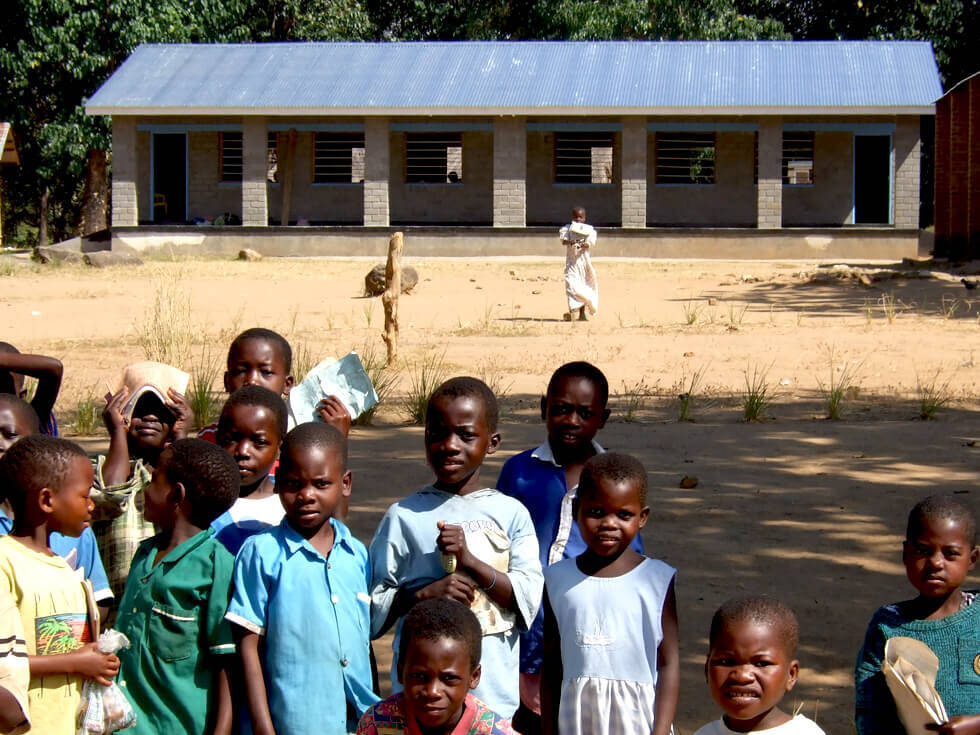
In the remote parts of the northern lakeshore district, it is reason the people want the signing of the 17-point sustainable development goals to mark the beginning of practical action to make quality basic education for all happen.
One of the major drawbacks to the right to quality education is shortage of an enabling teaching and learning environment.
Sights of dilapidated classrooms that are few and falling apart interrogate passersby all over Nkhata-Bay North West Zone.
At Kakumbi Primary School, where five girls aged 13-16 dropped out last year, parents-teacher association chairperson Fwilaske Banda fears for the safety of both teachers and learners in “bad blocks” with cracks, dusty floors and windows gaping like doors.
When asked about the school with seven teachers serving over 60 learners each, Banda said: “The death traps not only compel pupils to quit school, but also teachers to shun rural areas in preference for urban areas.”
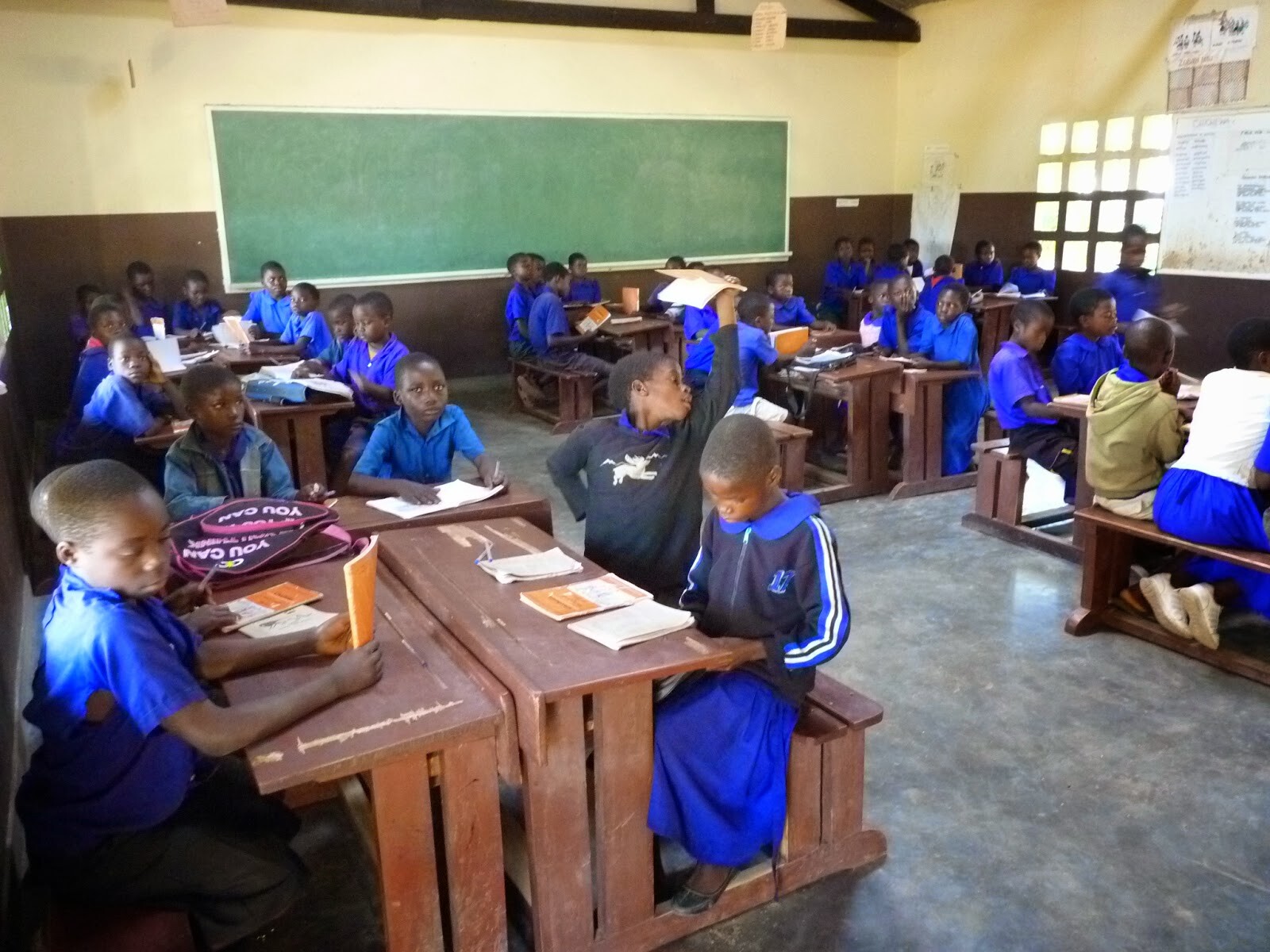
The cries for better learning environment reverberate at Lukulu, where four teachers see nearly 350 learners. Just when international standards prescribe one teacher for 40 learners and government requires a 1:60 ratio, a skilled teaching worker at the remote school has a workload of more than 80 learners.
Established shortly after the country’s independence in 1964, Lukulu has three permanent blocks, two of which are reportedly over 20 years old. The ruins have had no tangible renovation since PTA chairperson Joshua Kalua was a learner at the school.
The retired teacher put the antiquated, overcrowded classrooms into context: “The quality of teaching and learning suffers.”
At worst, Standard One and Two students learn in the shadow of trees where they endure frequent and lengthy disruptions during the rainy season.
The plight of learners under tree shades was tragically manifest in 2017 when a tree crashed three pupils at Chamaweya Primary School near new Nkhata-bay district hospital.
This is the accident waiting to happen at Thera where Kennedy Mwale’s children are spread in Standards Two, Three, Six and Eight.
“Quality education is not just about how and what the pupils learn, but also where they learn from,” says Kalua.
But the learners have no choice. Government has built no classroom at the school. The only permanent classroom block is the one which was funded by the European Union (EU) and is being used by Standards Seven and Eight students. The rest of the structures are a farce.
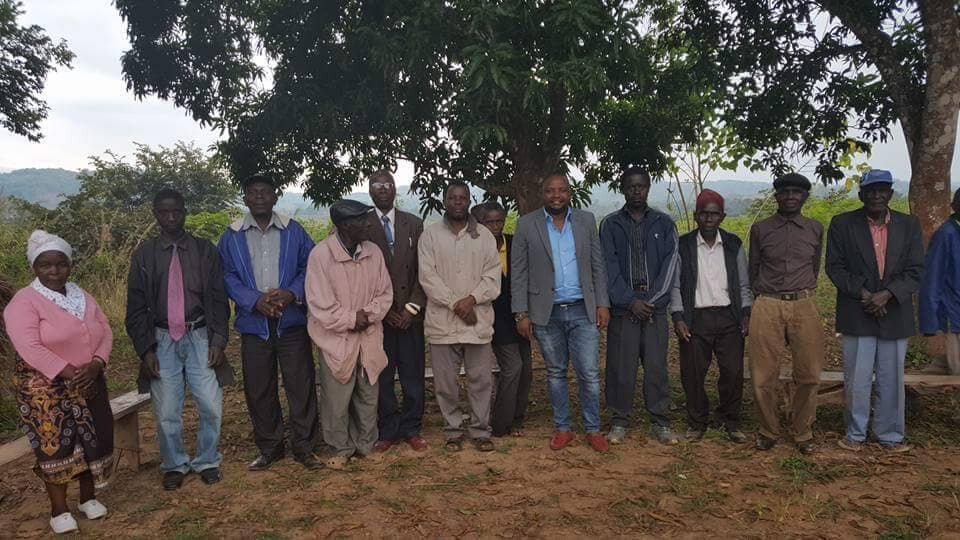
However, Moses Maganga of Chilima Movement shadow Mp for Nkhata-bay North got disquieting laughs and built two school blocks , proving a point that do not wait for government to do everything for you but render a helping hand whenever possible.
“After hearing how learners are suffering in Nkhata-bay North West, I decided to offer an assisting hand of building two classrooms,” he said.
The laughing stock mirrors the state of the majority of schools across the hilly terrain, indicates Maganga.
“Approximately, three in every 10 schools have a substandard learning environment, especially weak and unattractive walls largely made of non-recommended materials,” says the shadow MP.
He urges transparency in the way government and district councils invest educational funding, which claims the lion’s share of the National Budget.
To him, congested classrooms mirror an increasing demand for education. In 2014, at least 38 500 boys and 37 000 girls enrolled in schools in Nkhata-bay.
“Presently, Nkhata-bay is far from achieving quality education,” agrees district education manager (DEM) Fanwell Chiwowa.
Chiwowa blames the liberalisation of education for the mushrooming of schools without recommended learning facilities.
“There are standards to be followed when opening a primary school,” he said.
However, Salala was commissioned in 1992, two years before education was liberalised.
Chiwowa clarified: “When the school opened 23 years ago, government shared our view that learners did not have to walk over 15 kilometres to access education at Lukulu.”
He said surrounding villagers have moulded 200 000 bricks for a modern classroom, but government has not been forthcoming to play its part by providing cement, iron sheets, doors and windows.
As the waiting continues, cracks are widening. Just last year, Nkhata-bay emerged the worst performing district in the country, with 55 in 100 learners failing Primary School Leaving Certificate Examinations (PLSCE) in 2017.
ActionAid Malawi is part of the ongoing global campaign for education. The organisation’s programme coordinator in Nkhata-bay, Wongani Mugaba, urges government to include the failed MDGs, including the universal primary education target, in the sustainable development agenda.
Said Mugaba: “Free primary education has enabled many young Malawians go to school, but not all complete basic education.
“As we look forward to Sustainable Development Goals, we need deliberate actions, political will and increased funding to reduce the dropout rates and other challenges affecting the sector.”
This is more the reason the expiry of the MDGs should mark a renewal of national commitment to offer the Malawian child appropriate learning facilities, adequate skilled teachers and basic props. There is no justification for rural girls to keep disappearing into early marriages while their city-based age mates proceed with school.














